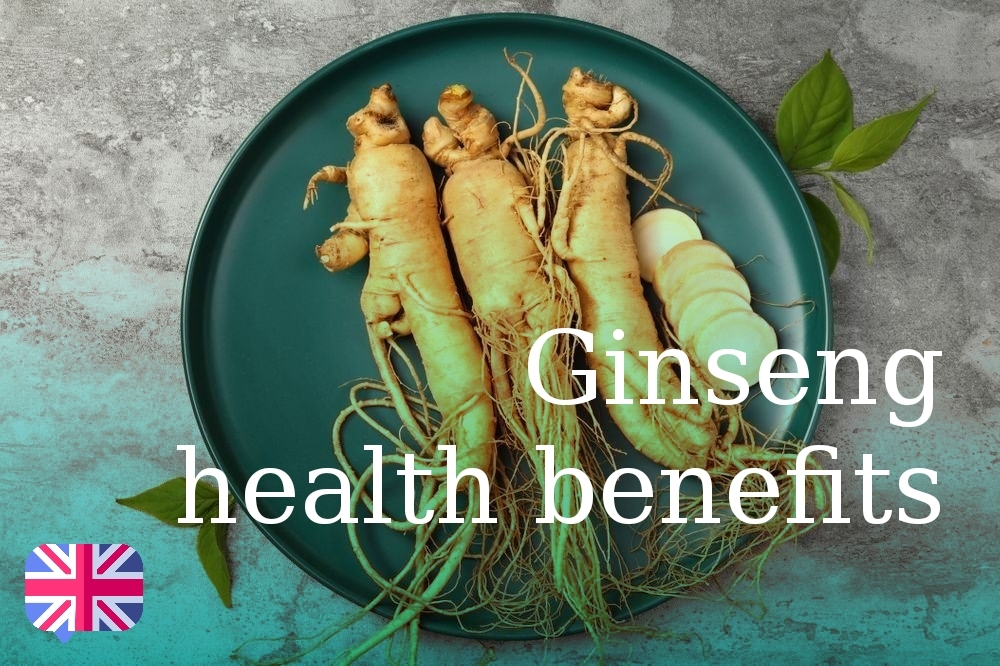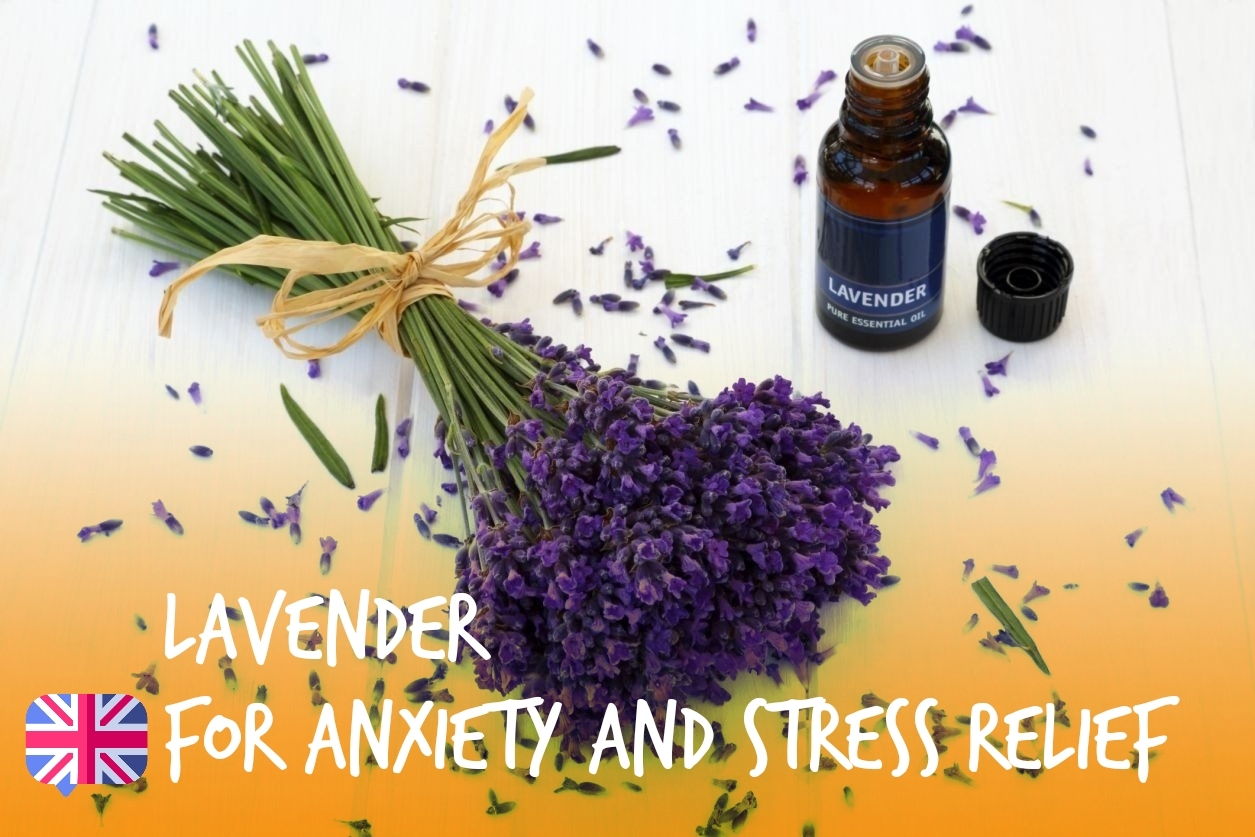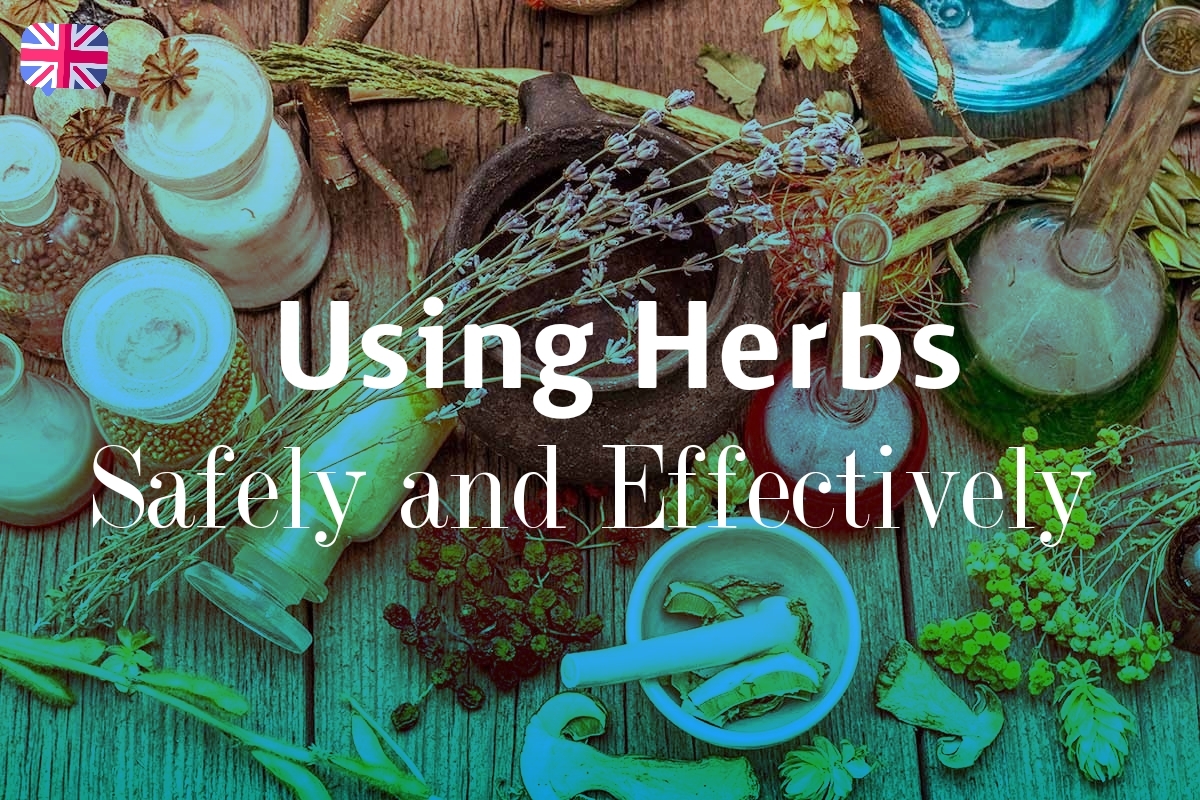HERB - Introduction to the Versatility and Benefits of Herbs
Ginseng Health Benefits: A Comprehensive Guide to the Potential Health Benefits of Ginseng
Ginseng is a perennial plant native to Asia and North America, known for its various health benefits. The root of the plant has been used for thousands of years in traditional Chinese medicine to treat a range of conditions. Nowadays, ginseng is widely used as a dietary supplement, and its popularity continues to grow due to its numerous health benefits.
In this article, we’ll explore the alternative treatments and medicinal uses of ginseng, and provide insights on how to use herbs to achieve optimal health. We’ll also take a closer look at the active compounds found in ginseng, its potential side effects, and the different forms in which it can be consumed.
The Medicinal Properties of Ginseng
Ginseng contains a complex mixture of active compounds, including ginsenosides, polysaccharides, and polyacetylenes, which are responsible for its many health benefits. These compounds have been shown to have antioxidant, anti-inflammatory, and immune-boosting properties.
One of the most significant benefits of ginseng is its ability to enhance cognitive function. Studies have shown that ginseng can improve memory, attention, and concentration, making it a popular choice for students and professionals who need to stay focused and alert.
Ginseng is also known to have a positive effect on the cardiovascular system. It can help lower blood pressure, reduce cholesterol levels, and prevent the formation of blood clots, which can lead to heart attacks and strokes.
In addition, ginseng has been shown to have anti-cancer properties. Some studies have suggested that ginseng may help prevent the growth and spread of cancer cells, and may even be effective in treating certain types of cancer, such as lung and liver cancer.
Other potential benefits of ginseng include its ability to improve sexual function, boost the immune system, and alleviate symptoms of depression and anxiety.
Alternative Treatments and Medicinal Uses of Ginseng
Ginseng has a long history of use in traditional Chinese medicine, where it is believed to have a wide range of medicinal properties. In TCM, ginseng is often used to treat fatigue, stress, and other conditions related to the body’s Qi (life force).
In modern medicine, ginseng is used as a natural remedy for a range of conditions, including:
- Diabetes: Ginseng has been shown to lower blood sugar levels in people with type 2 diabetes, making it a popular alternative treatment for this condition.
- Erectile dysfunction: Ginseng has been shown to improve sexual function in men with erectile dysfunction, and may be a natural alternative to Viagra.
- Immune system support: Ginseng can boost the immune system and help the body fight off infections and diseases.
- Cancer prevention: Some studies have suggested that ginseng may help prevent the growth and spread of cancer cells.
- Stress and anxiety: Ginseng can help reduce stress and anxiety by promoting relaxation and improving mood.
How to Use Ginseng
Ginseng can be consumed in several different forms, including:
- Tea: Ginseng tea is a popular way to consume the herb. Simply steep a few slices of fresh ginseng root in hot water for several minutes, and drink.
- Capsules: Ginseng capsules are a convenient way to consume the herb, and are available in most health food stores and online.
- Extracts: Ginseng extracts are highly concentrated forms of the herb, and are often used in traditional Chinese medicine. They can be taken orally or applied topically.
- Powder: Ginseng powder can be added to smoothies, juices, or other drinks, making it an easy and convenient way to consume the herb.
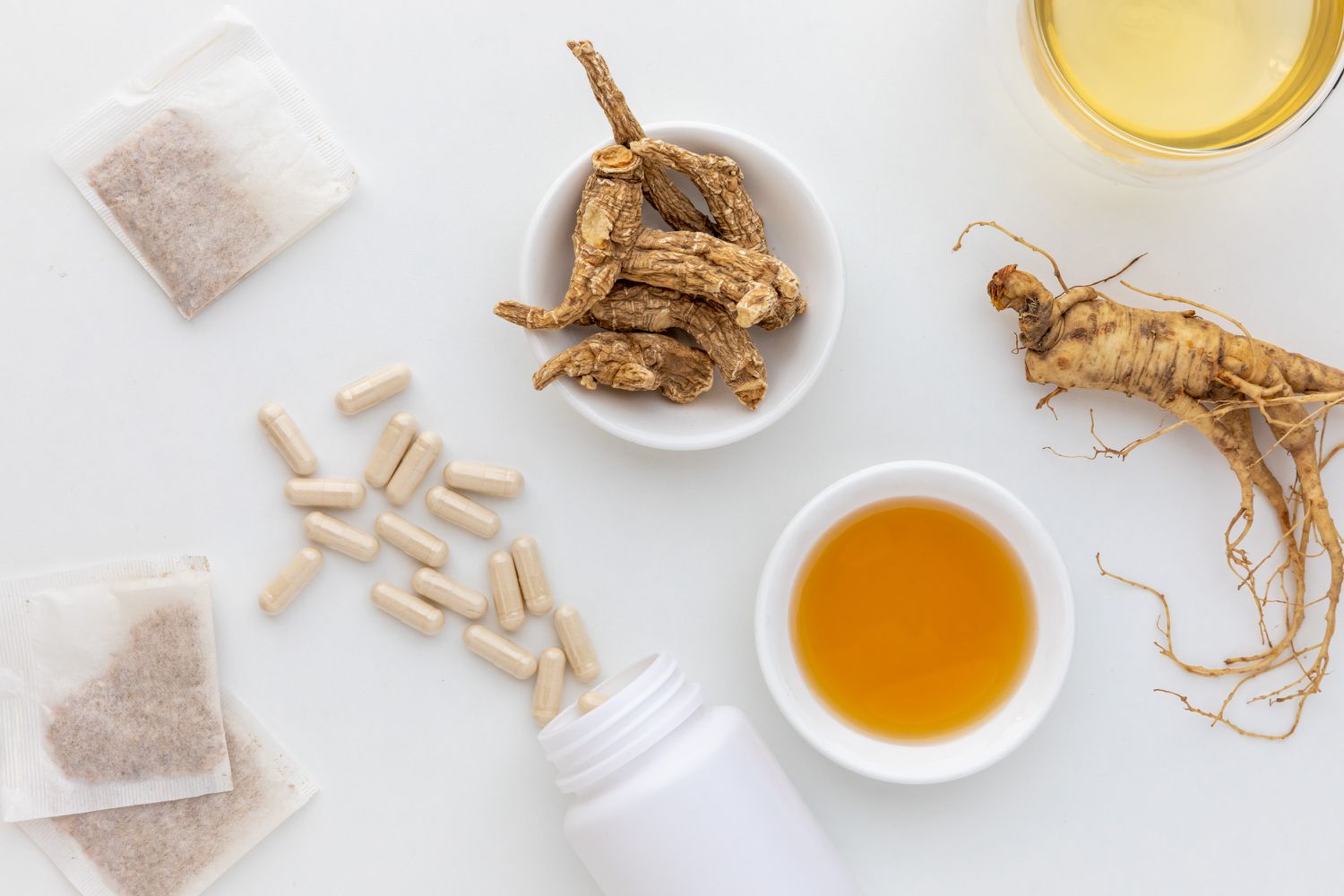
When using ginseng, it’s important to follow the recommended dosage guidelines, as taking too much can lead to potential side effects. Some people may experience side effects such as headaches, nausea, and difficulty sleeping when consuming ginseng.
It’s also important to note that ginseng may interact with certain medications, including blood thinners and antidepressants. If you are taking any medications, it’s important to consult with your healthcare provider before using ginseng.
In addition, it’s important to choose high-quality ginseng products from reputable sources, as the quality and potency of ginseng can vary greatly. Look for products that have been third-party tested for purity and potency, and avoid products that contain fillers or other additives.
Conclusion
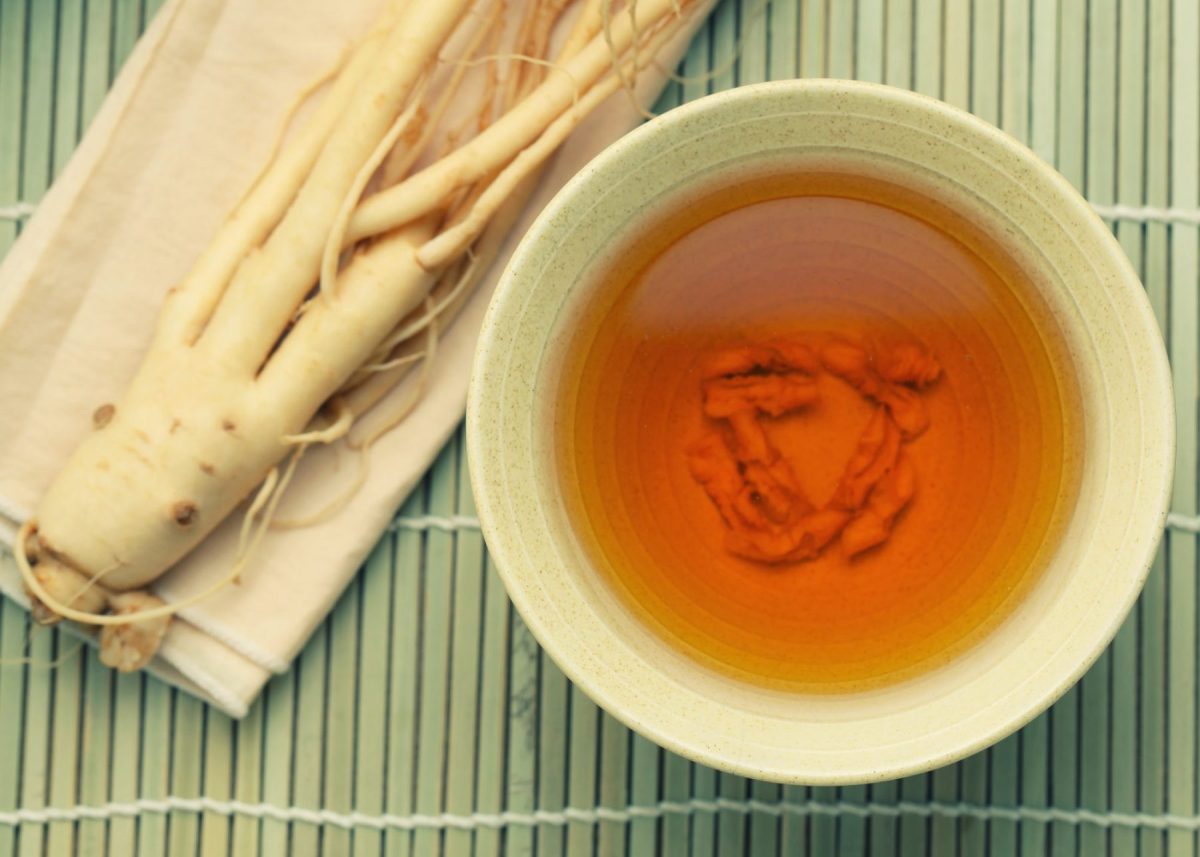
Ginseng is a powerful herb with numerous health benefits, and has been used in traditional Chinese medicine for thousands of years. Today, ginseng is widely used as a dietary supplement, and its popularity continues to grow as people seek natural alternatives to conventional medicine.
If you’re interested in using ginseng to improve your health, it’s important to understand the different forms in which it can be consumed, its potential benefits and side effects, and how to use it safely and effectively. By doing so, you can reap the many benefits of this powerful herb and achieve optimal health and wellness.
Ginseng is a powerful herb that has been used for thousands of years in traditional medicine practices. It is known for its many health benefits, including boosting energy levels, improving cognitive function, reducing inflammation, and more. While more research is needed to fully understand the effects of ginseng, it is a promising natural remedy for a variety of health concerns. If you are considering taking ginseng supplements, be sure to speak with your healthcare provider to ensure it is safe for you to do so.

